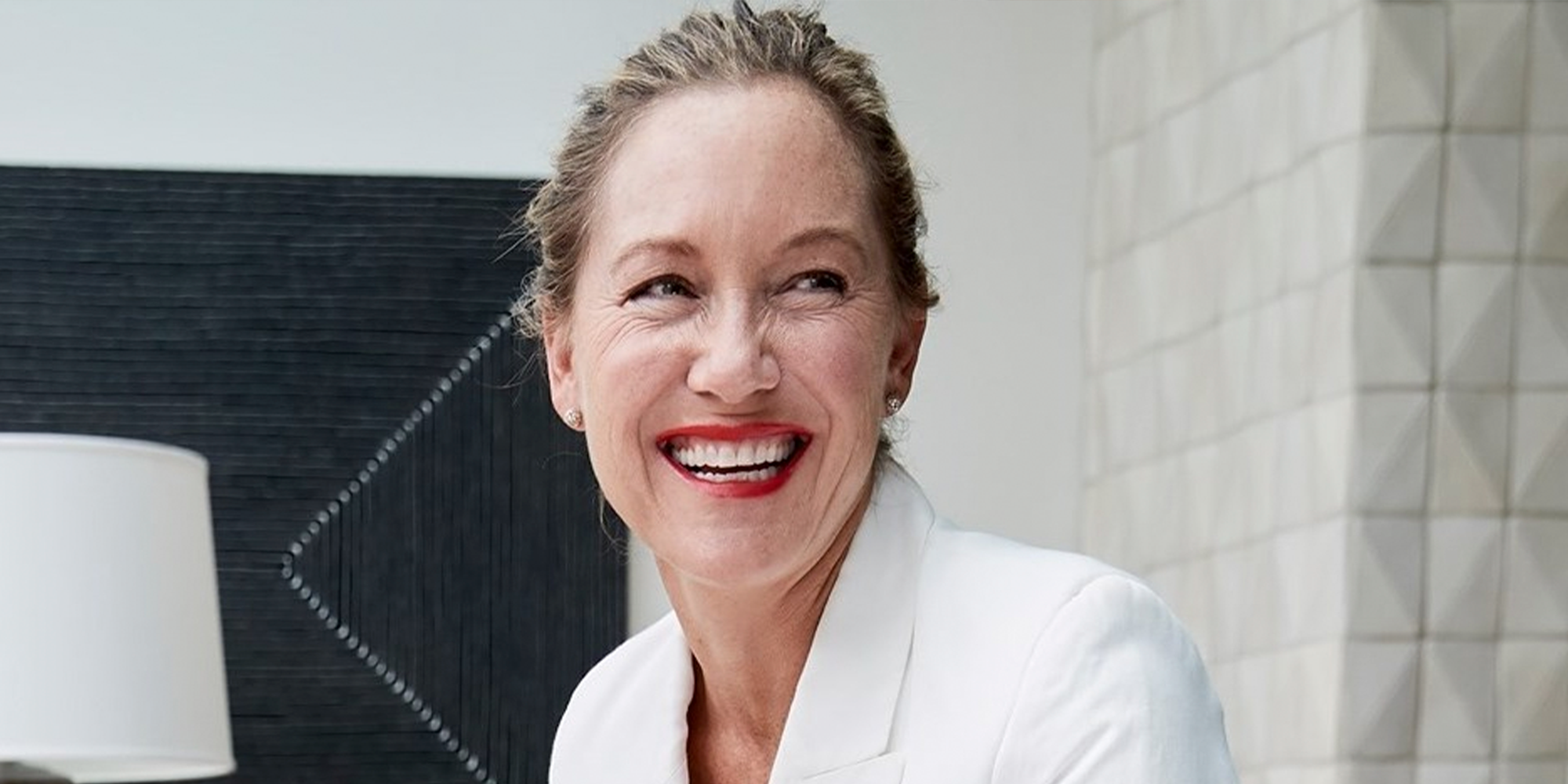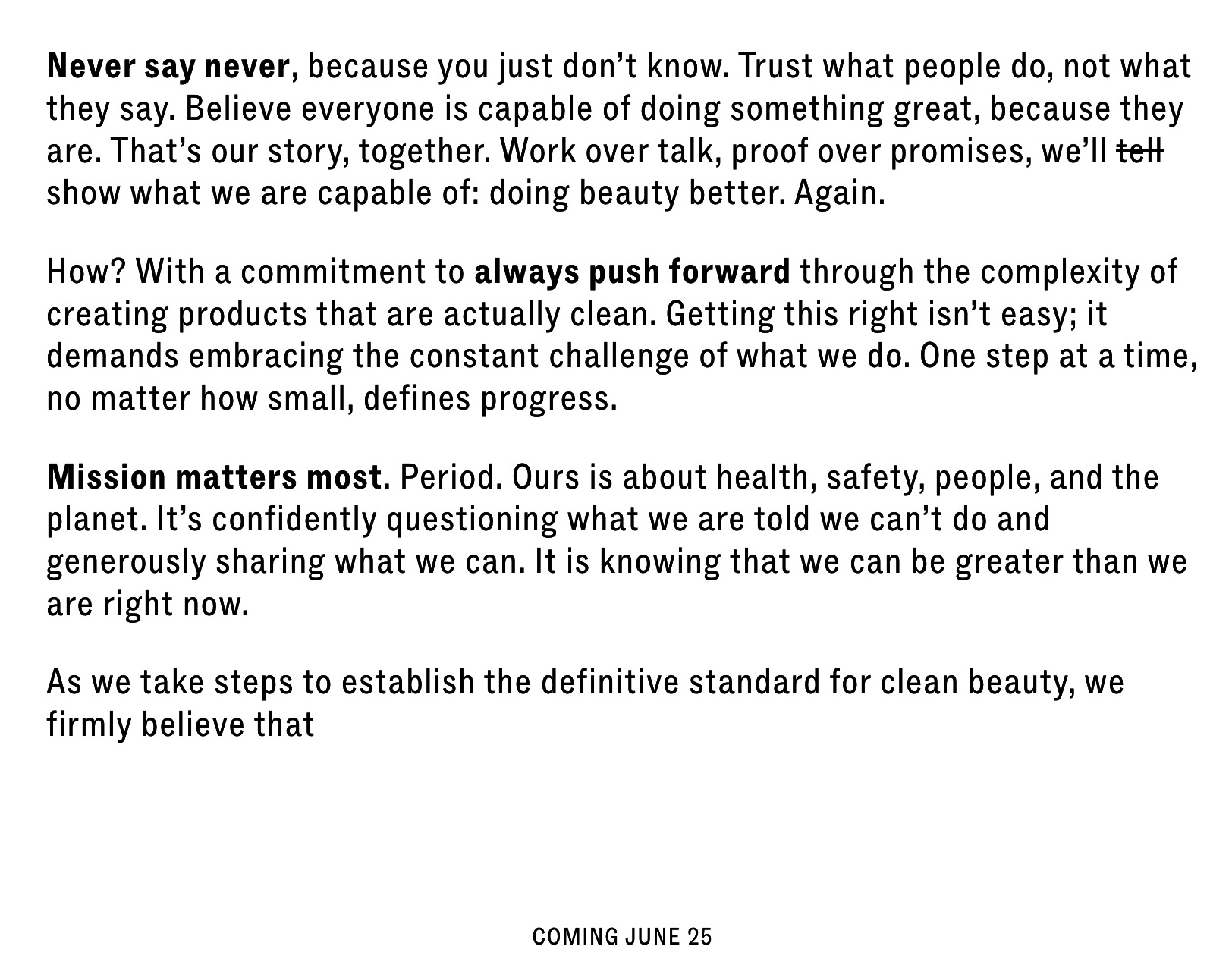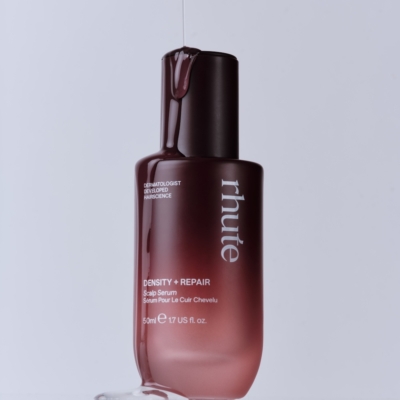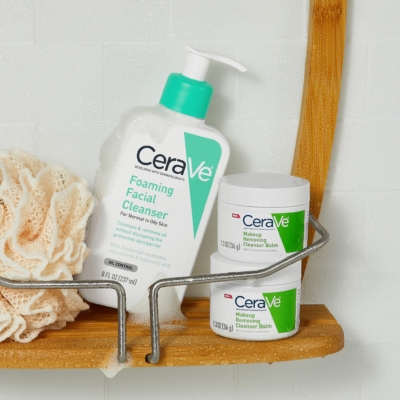
Beautycounter Is Returning As Counter After Falling Into Bankruptcy
A little over a year since founder Gregg Renfrew bought Beautycounter out of bankruptcy and three years since it was acquired by private equity firm Carlyle Group at a $1 billion valuation, the brand is coming back on June 25 under a new name, Counter, with a streamlined, elevated approach.
During a discussion Wednesday at Varsity Theater in Minneapolis with Lindsay Dahl, chief impact officer at supplement brand Ritual and former SVP of social mission at Beautycounter, Renfrew, acknowledging that clean beauty is much more widespread than it was when the brand took up its mantle in 2013, said Counter is intent on “earning its stripes” with upgraded branding, a rationalized assortment of around 50 stockkeeping units, down from 245 (the focus will be on skincare and makeup, with fragrance on hold for now), owned retail presence and a strong understanding of its audience of women 35 years old and up.
“We’re going to do it with respect and with a high level of humility, especially this summer when we launch,” she said. “We’re not going to make some massive statements to the world.” Speaking about Counter’s audience, she continued that, as a woman in her fifties, “We are largely ignored, yet we have the spending power.”
Counter’s reemergence on June 25 is considered a soft launch, with a bigger, more public-facing rollout slated for the fall. Renfrew had initially planned to reintroduce the brand in 2024, but the relaunch was postponed. She acknowledged Wednesday that its revival didn’t begin to gel until September last year.

“I wanted to take all of the assets and learnings from the whole company and apply them to the new one and then make sure that we didn’t repeat some of the mistakes made in the past,” explained Renfrew. “That took a lot of time.” She added she had to repair relationships with supply chain partners sitting on old Beautycounter inventory for which they accepted 10 cents on the dollar.
The shortened name was previously explored as a name for the brand when Beautycounter started. Explaining the decision to use Counter for the relaunch, Renfrew said, “It felt like who we are today, and we’ve always talked about making the impossible possible…The whole essence of us was going counter to industry norms, counter to how people always do business. I feel really good about the meaning. [The name] respects the past while looking to where we want to go in the future.”
Beautycounter, which created a “Never List” of ingredients it avoided that were linked to cancer, endocrine disruption and other concerns, isn’t abandoning clean beauty as it reengages with the beauty market where there are many different definitions of it. A vocal political advocate for cosmetics regulation in its first iteration—it pressed for the Modernization of Cosmetics Regulation Act (MoCRA) that passed in 2022—Counter isn’t walking away from political advocacy, but is focusing on the beauty industry.
Renfrew said, “Our opportunity is to go in and set the standards and to educate people on the standards and to hold ourselves accountable to standards that we set…All clean is not created equally at all.”
Beautycounter’s main distribution channel was a direct-sales network of consultants that reached roughly 60,000. They sold its products and received commissions from the brand. Beautycounter tried Target in 2016 and Ulta Beauty in 2023. Although she praised her experience with Ulta, Renfrew divulged that Beautycounter has no plans at the moment to enter a large retailer.
“I feel so energized by where this business can go.”
Counter does have plans, however, to do its own retail. It’s opened a store in Nantucket, Mass., and expects to open more. Renfrew said, “We believe in having physical places for people to immerse themselves in the brand and for our community of brand partners to meet up.”
Brand partners is the term Counter is using for what it earlier labeled “consultants” or “advocates.” Beautycounter’s bankruptcy promptly left an untold number of consultants without streams of income from the brand. Even before that, many were upset that its launch at Ulta competed with their business.
Renfrew emphasized that Counter will be driven by what she calls “community-based commerce.” She revealed the company has “already signed up a whole bunch of people. We do have limited spots.” Counter brand partners don’t have access to databases of clientele from Beautycounter.
Renfrew noted that 75% to 80% of Counter’s team is prior Beautycounter employees. Among the Beautycounter alums at the company are Christy Coleman, who was formerly head of innovation.
“I feel so energized by where this business can go and so proud of the work that we’ve already done,” said Renfrew. “It’s just been really, really fun for the first time in a really long time.”




